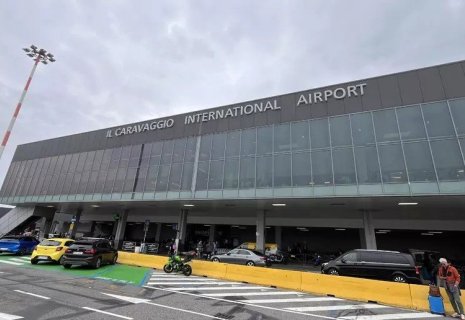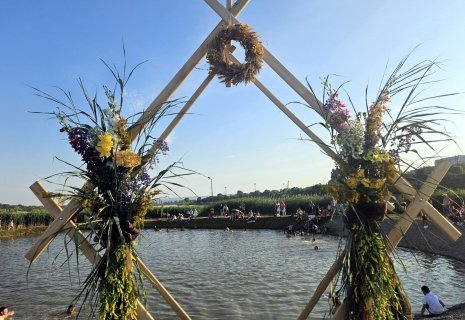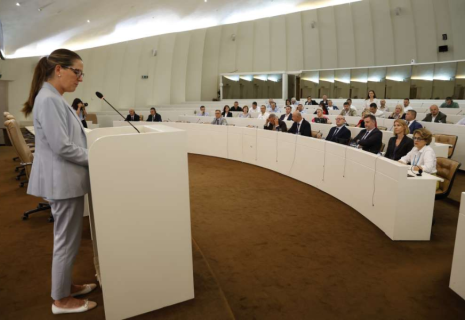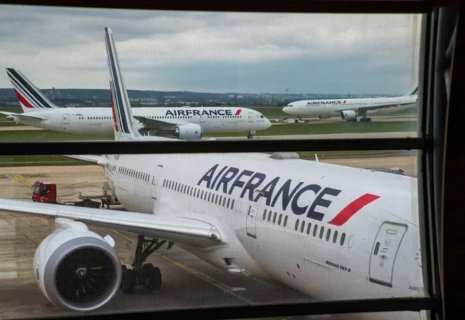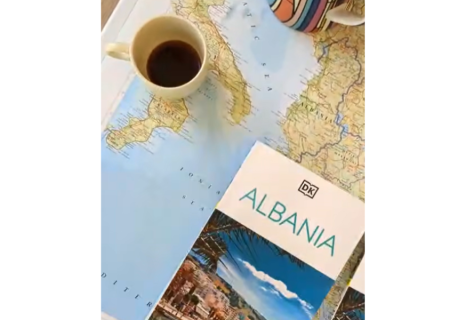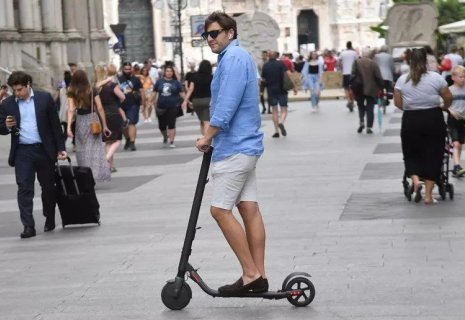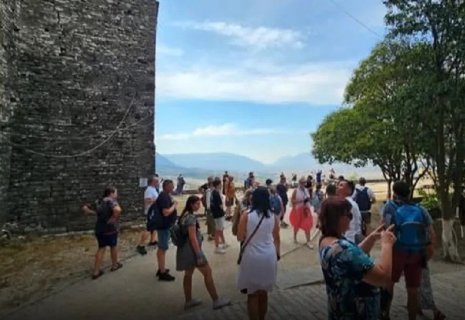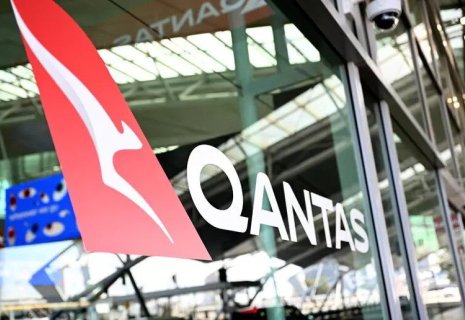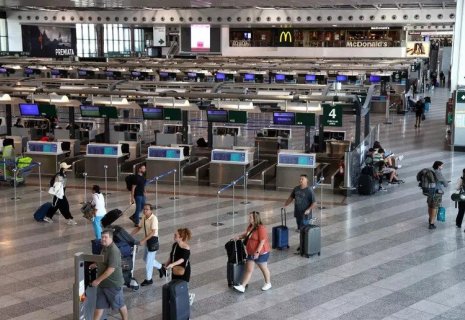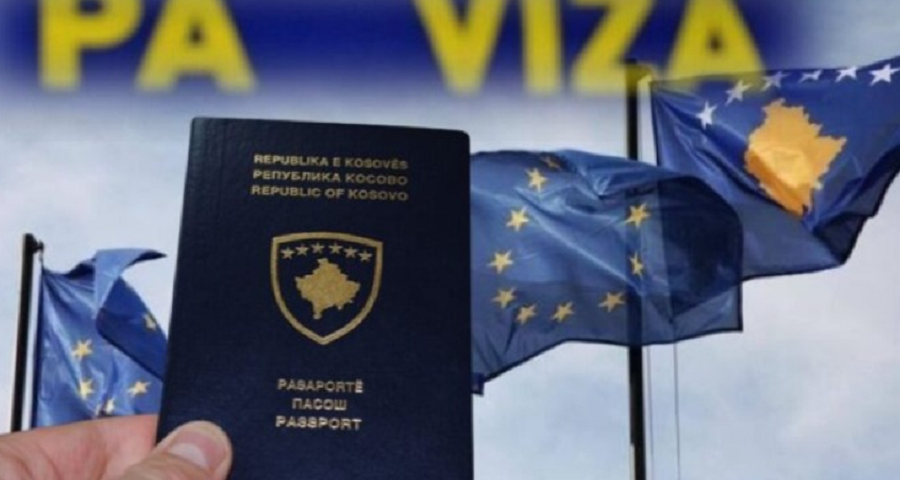
Kosovo joins Schengen visa-free travel zone
On January 1, 2024, visa-free travel for Kosovo citizens to European Union countries came into effect. After many years of waiting, Kosovo citizens can now travel freely to the Schengen Area countries of the European Union, CE Report quotes Kosova Press.
Visa-free travel allows our citizens to travel without a visa for short stays as tourists, to visit friends or family, participate in cultural or sports events, attend business meetings, receive medical treatment, and join short-term educational programs such as seminars, conferences, workshops, summer schools, and similar activities.
The allowed stay is up to 90 days within any 180-day period in the Schengen Zone. Required documents include biometric passports and accurate information about the destination and purpose of travel. For those traveling by car, additional documents, including the green card, are necessary.
Visa liberalization enables free movement without visas in the 27 Schengen Area member states, which include Germany, Austria, Belgium, Croatia, the Czech Republic, Denmark, Estonia, Finland, France, Greece, Hungary, Iceland, Italy, Latvia, Liechtenstein, Lithuania, Luxembourg, Malta, the Netherlands, Norway, Poland, Portugal, Slovakia, Slovenia, Spain, Sweden, and Switzerland.


